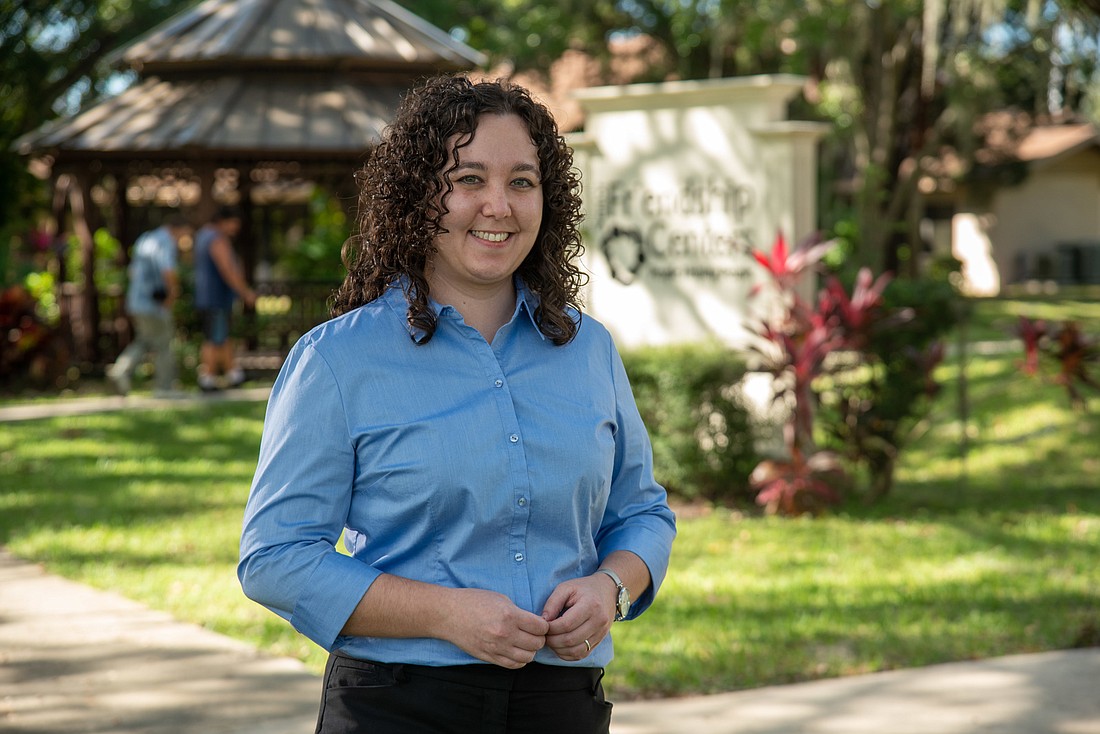- December 18, 2025
-
-
Loading

Loading

London Bay Homes employees toiling away at their desks Friday afternoons can get downright giddy when they spot CEO and President Mark Wilson. That’s because the soft-spoken, gentlemanly English-born Wilson, right around 5 p.m., is one of several top leaders at the company in charge of a big task: pushing a drink cart up and down the aisles.
The CEO-turned-bartender will pour a glass of wine for one employee, hand another one a beer. Wilson and other cart-pushing executives — wearing face masks — will stop and chat with employees. “It gives us a reason to say hello,” Wilson says, “to say cheers.”
'Happy employees are great, but engaged employees are magical. To me there is no better way to fight COVID-19 fatigue than to inspire a higher level of engagement.’ Ben Jones, Allegiant Private Advisors